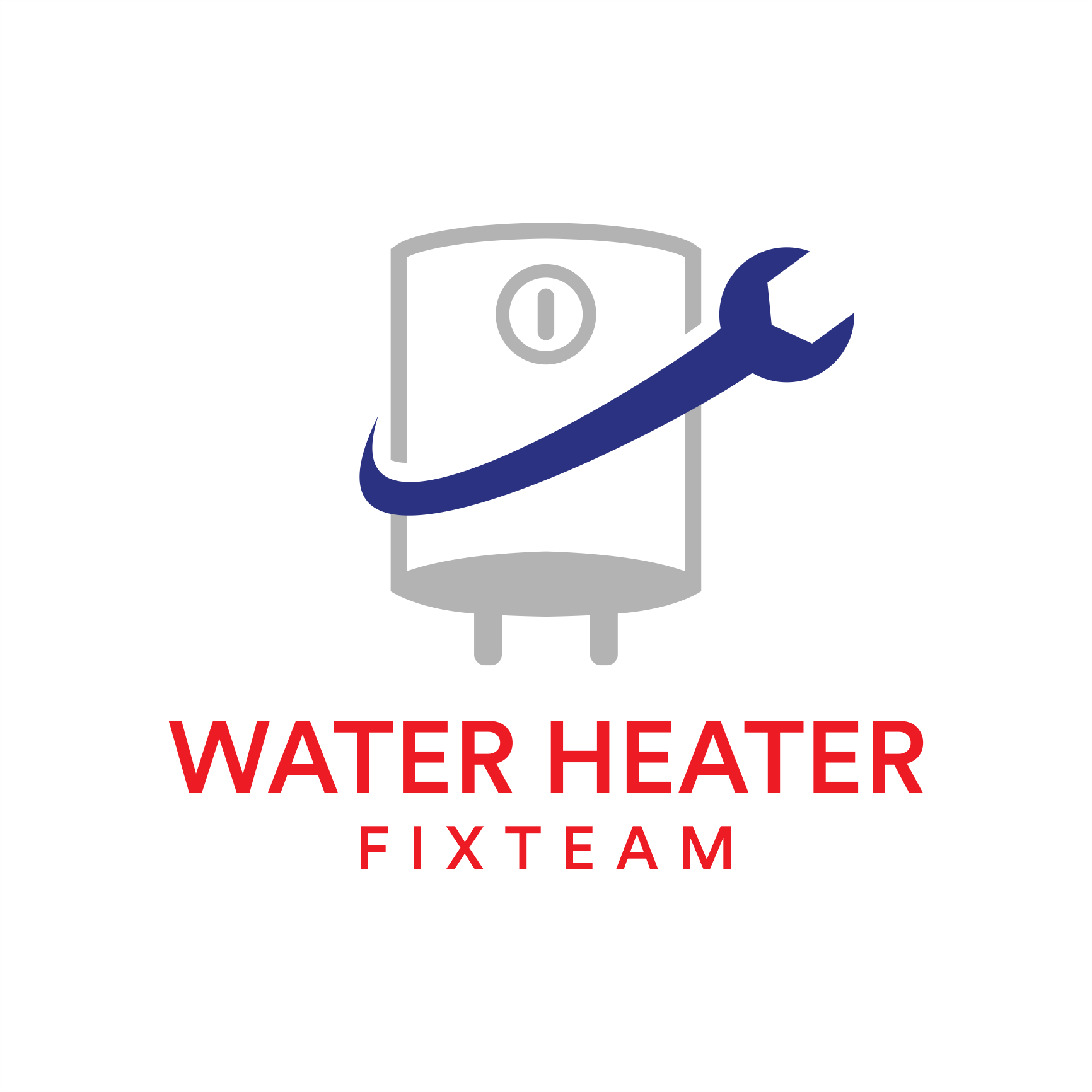What are the common signs that the water heater needs repair?
A water heater that needs repair can give out strange noises, leaks, and rusty water. It may also fail to boil water, only heating it to a lukewarm temperature. A diagnostic check on visible damage or a sudden performance change can reveal the underlying issue.
How do I know if I should repair or replace the water heater?
Your water heater may require repair if you notice leaks, rusty water, or strange noises. However, you should consider replacing it if the overall repair cost exceeds 50% of what it would cost you to replace.
Can I possibly repair the water heater, or do I need a professional?
You may repair your water heater yourself if you understand how to do it. However, it’s always best to consider involving a professional plumber to do it for you to avoid the stress and hassle involved in the repair.
How much does water heater repair typically cost?
Replacing a water heat can cost between $1600 and $5500. Repairing a water heater can cost between $90 and $1700. These rates can vary depending on the cost of materials or the proximity to plumbers.
How long does it usually take to repair a water heater?
Repair times vary depending on the issue’s complexity and parts availability. Typically, repairs can be completed within a few hours to a day, ensuring minimal disruption to your hot water supply.
What immediate safety measures should I take if the water heater is malfunctioning?
If your water heater malfunctions, please act fast to prioritize safety by turning off the power or gas supply and the water source. Avoid attempting repairs without proper knowledge and equipment to prevent accidents or further damage.
Will repairing the water heater improve its energy efficiency?
Repairing specific components can enhance energy efficiency, but overall efficiency depends on the water heater’s condition and design. We can advise on upgrades or adjustments for optimal performance.
What should I do if the water heater is leaking?
It’s crucial to respond if your water heater is leaking quickly, and you can start by shutting off the water supply to prevent further damage. Then, contact us immediately for professional assessment and repairs so we can address the issue promptly.
How often should I schedule maintenance for the water heater to prevent future repairs?
It’s advisable to schedule maintenance for your water heater annually to prevent future repairs and maintain optimal performance. Regular inspections and flushes can help address minor issues before they escalate, extending your water heater’s lifespan.
How do you drain a water heater when not in use?
To drain a water heater when not in use, turn off the power or gas supply first. Then, connect a hose to the drain valve at the bottom of the tank and open it. Allow the tank to empty.
Are there any DIY maintenance tasks I can perform to extend the lifespan of the water heater?
You can perform DIY maintenance to extend your water heater’s lifespan. Tasks include flushing the tank, inspecting and replacing the anode rod, checking the relief valve, insulating pipes, keeping the area clear, and fixing leaks promptly.
How can I tell if the water heater is undersized for my household’s needs?
You can determine if your water heater is undersized by observing frequent hot water shortages, especially during peak usage, and if multiple appliances cannot run simultaneously without affecting hot water availability.
What steps can I take to minimize the risk of water heater failure during extreme weather conditions?
Consider insulating exposed pipes and installing a backup power source, such as a generator, to minimize the risk of water heater failure during extreme weather. Besides, scheduling regular maintenance to address any potential vulnerabilities can help.
